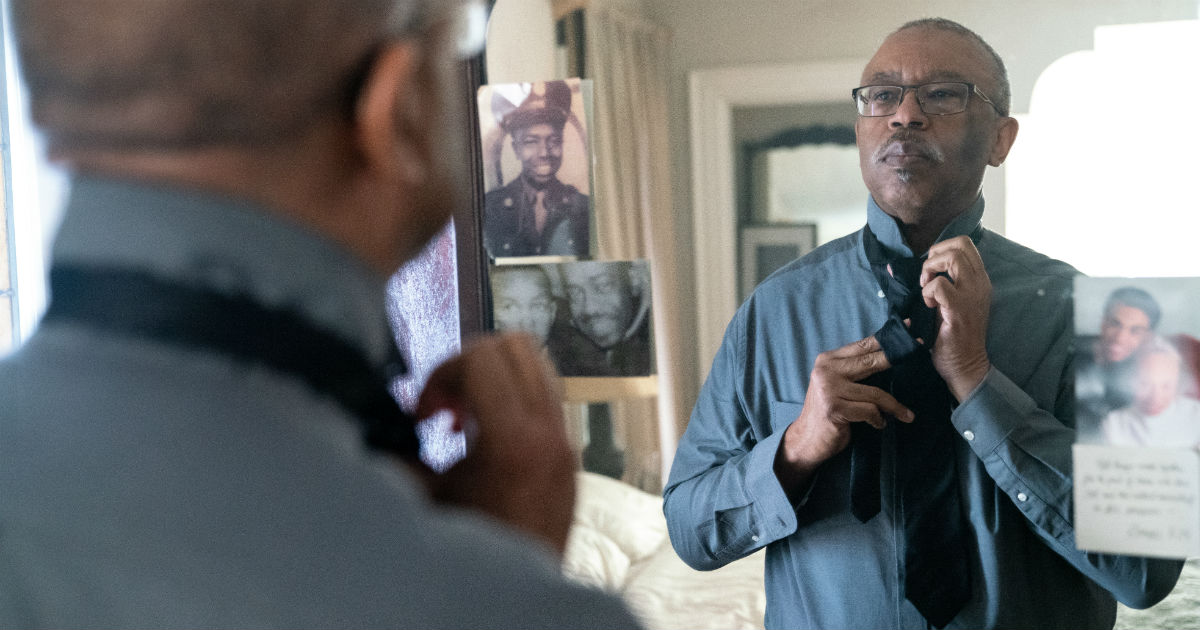
For many cancer patients, resuming a more normal way of life is an important goal. Some patients may be eager to get back to their jobs for financial reasons, the regular schedule it offers and the interaction with customers, clients and coworkers. But the challenges cancer patients may have faced returning to the workforce before the pandemic are now complicated and compounded by COVID-19. Welcome back greetings with smiling faces and warm hugs may now be replaced by socially distant coworkers wearing face coverings. Cubicles that may have been decorated with flowers, streamers and cards may now be dotted with containers of cleaning wipes and hand sanitizers.
Like every patient, and every cancer, the factors involved in returning to work are unique, varying from person to person. The type of cancer, the type and extent of treatment and side effects may all come into play when deciding when and how to return to the job. Some patients may be done with treatment, while others are still on a treatment schedule. Some patients may feel strong enough to return to work full time, while others may be able to start part time. Some people may need to return to work to help address financial issues. Regardless of where you are on your decision spectrum, patients should discuss their return-to-work plans with their doctor, says Jeffrey A. Metts, MD, Chief of Medicine at Cancer Treatment Centers of America® (CTCA), Atlanta.
“Patients who have completed therapy and have entered survivorship are encouraged to resume normal activities and to follow U.S. Centers for Disease Control and Prevention (CDC) guidelines for masking and social distancing, unless instructed differently by their cancer care teams,” Dr. Metts says. “Patients receiving active therapy should have individual discussions with their cancer care team on the risk vs. the benefits of returning to work during treatment.”
Common side effects
Two of the most common symptoms and side effects of cancer and its treatments are immune suppression and fatigue. Both factors come into play when considering if and when to return to work, especially during the pandemic.
Immune suppression
Certain cancers, such as leukemia, and some treatments, especially chemotherapy, damage immune cells and/or affect the body’s ability to produce new and healthy cells. These may leave patients more vulnerable to viruses such as COVID-19. Dr. Metts says that if a patient decides to return to the workplace, its critical to follow the CDC’s recommendations to help reduce exposure and to make sure employers are taking precautions, as well.
“Social distancing and healthy hygiene practices are the most important practices a patient can implement upon returning to work,” he says. “This includes regular hand washing and avoiding touching your face. Wear a mask when social distancing is not possible. Discuss your concerns with your employer or your human resources team, and know what options you have so you can take charge of your health.”
Patients who have had a stem cell transplant to treat a blood cancer, such as lymphoma, or have low white blood cell counts from treatments like chemotherapy, should have serious discussions with their doctors about whether it’s safe to return to work. “Patients who are immune compromised should discuss with their cancer care team the risks and benefits of returning to work,” Dr. Metts says.
Fatigue
After taking time off to complete cancer treatment, patients may find returning to work a difficult transition. Talking with your doctor to get a thorough understanding of what to expect from your body may allow you to prepare your supervisor and co-workers for possible limitations that may result. Though workplace challenges can be intimidating, spending time with colleagues may help you feel connected and offer a welcome distraction from your health concerns. Still, some patients may need additional therapy to treat post-surgery weakness that interferes with their daily activities. Whether survivors are resuming full-time work or learning energy conservation techniques to combat fatigue, oncology rehabilitation may help get them to the next step of their recovery. Oncology rehabilitation professionals strive to help patients regain their autonomy, productivity and physical and emotional strength. Talk to your doctor about meeting with an oncology rehabilitation professional to develop an individualized return-to-work plan.
Back to work tips
Here are some tips that may help cancer patients on their journey back to independence:
Use calendar alarms and task lists to stay on track at work and meet deadlines.
Let others know you are capable and competent (in a nice way). Project a confident attitude, and tell your co-workers about your wins at work.
Celebrate your accomplishments and successes. Tasks that were once simple may prove more time-consuming after treatment. Completing even minor tasks may help build your confidence, especially in the beginning.
Take advantage of cancer support networks. Find a support group and get involved.
Use appropriate supportive care services such as acupuncture, nutritional support and massage to help with lingering side effects from treatment.
Set one or two attainable goals each day. Stringing together several successful days of even small achievements may motivate you to strive for more.
Give yourself permission to make mistakes. Bad days may come, but don’t let them defeat you.



